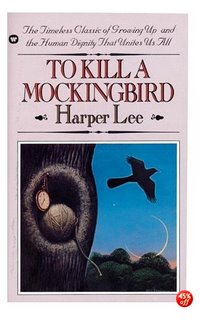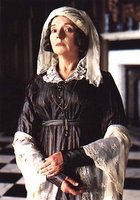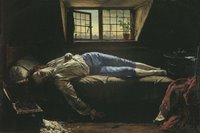
Last week, I attended the New England Chapter of the Romance Writers of America Conference.
But this post is not about what I learned about craft, Regency undergarments, writing sex scenes, themes and images, and what it sounds like when a room full of women hears there’s chocolate about to be served.
This is about not reading. During one of the workshops, the presenter mentioned Harper Lee’s To Kill A Mockingbird and said everyone should have read it, and if you hadn’t, shame on you.
I’ve never read it. How could this have happened? I’m totally embarrassed. I don’t know exactly how I missed it; I was an English major in college, before that took a lot of high school English classes, both my parents were avid readers. And somehow, I missed it.
It’s not like I haven’t read a lot of classics; besides the ubiquitous Jane, I’ve read all of Dickens, Fitzgerald, Wharton, and various books by Nabokov, Faulkner, Steinbeck, Woolf and Hammett (for fun, check out the top 100 list, but don’t get in a tizz about the inclusions and ommissions; it’s not worth it). I’ve read indiscrimately, but have never opened Ms. Lee’s classic, and only, work.
So–have you read TKAM? Do you agree it is a classic? What classics have you missed out on? Do you plan to read them in the future? What makes a classic, anyway? And do you think I should feel as ashamed as I do?
Thanks–
Megan
www.meganframpton.com







